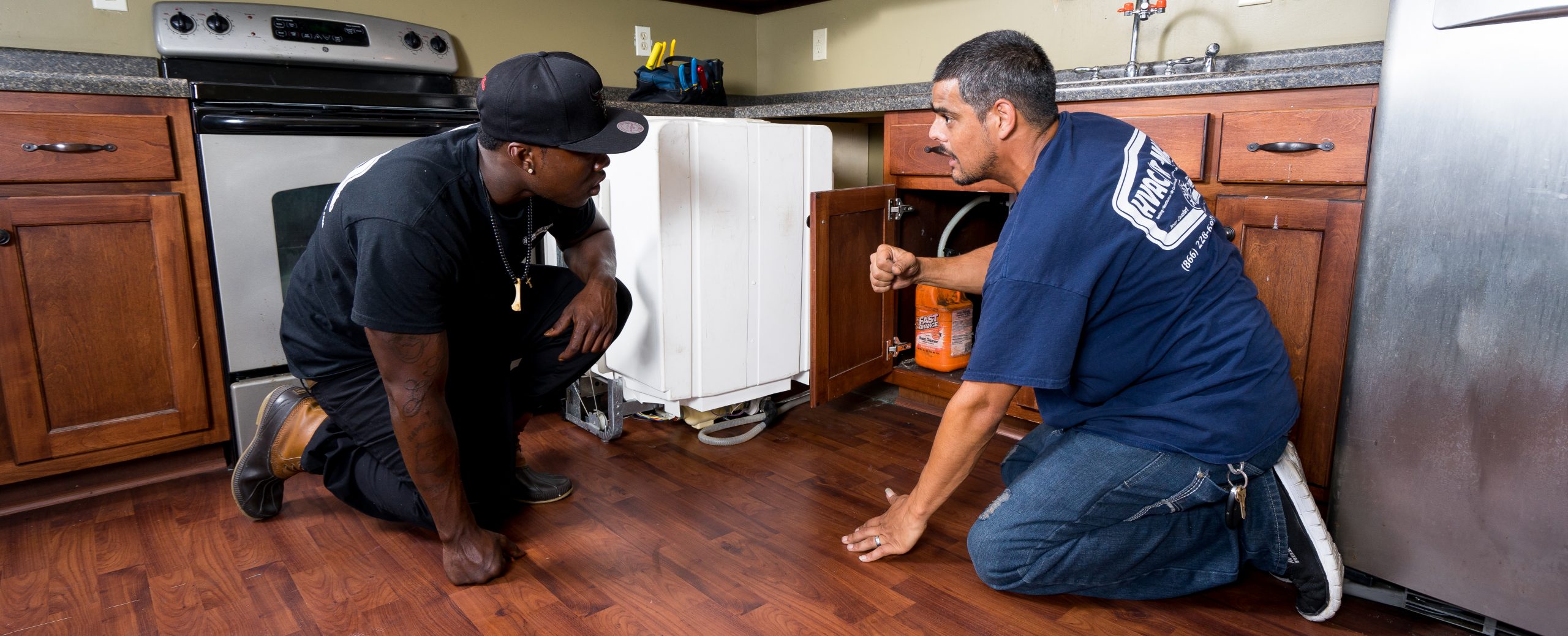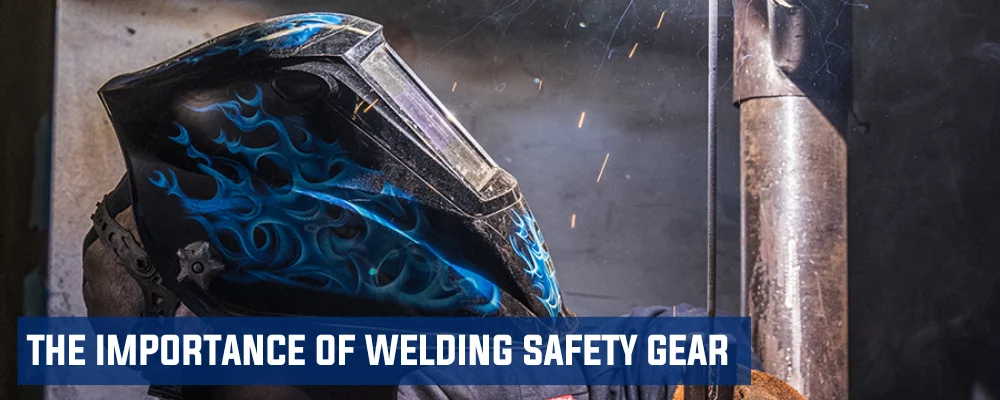
An HVAC technician (also commonly referred to as HVAC techs or HVACR technicians) installs, maintains, and repairs heating, ventilation, air-conditioning, and refrigeration system and equipment. They help occupants of all kinds of buildings live and work in an environment with controlled temperature, humidity, and air quality.
The job outlook for HVAC technicians is quite positive. The United States Bureau of Labor Statistics (BLS) estimates that employment for this occupation will grow 4 percent by 2029. If you are interested in pursuing this career path, read on to learn how you can become an HVAC technician.
What Does it Take to Become an HVAC Tech
Physical Qualities Needed to Become an HVAC Tech
- Finger dexterity: As an HVAC technician, you have to be able to coordinate and grasp with your fingers as you assemble, install, or repair equipment.
- Manual dexterity: Similarly, HVAC technicians should be able to move their hands quickly, in coordination with their arms, and grasp objects with two hands.
- Near vision: There are plenty of situations as an HVAC technician where you must inspect details closely, for example when connecting electrical wires.
- Arm-hand steadiness: It is important as an HVAC technician to be able o keep arm and hand steady while moving your arm or holding it in one position, such as when you perform repair work.
- Multilimb coordination: You may often service HVAC systems, using your hands and arms, while sitting, standing, or even lying down.
- Control precision: While working with tools, you have to be quick to adjust controls or adjust positions.
- Physical strength: It is common for HVAC technicians to lift and support heavy equipment and components.
- Physical stamina: A lot of times as an HVAC technician, you spend long periods of time standing or walking.
Cognitive Qualities Needed to Become an HVAC Technician
- Customer service: Since you interact with clients regularly, it is essential to be friendly, polite, and punctual, even if the customer is stressed or unhappy due to malfunctioning HVAC equipment.
- Oral expression: While talking to customers, you must be able to communicate clearly and in a manner that is easy to understand.
- Detail orientation: A part of your job as an HVAC technician is to keep detailed records of all work performed, including the time it took and the parts or tools used.
- Math: You must calculate heating or cooling loads for an HVAC system correctly, so that it will function effectively.
- Time management: Many HVAC technicians serve multiple customers per day, so time management skills are very important.
- Troubleshooting: If an HVAC system is defect, you must be able to identify the problem and determine how to remedy it.
- Deductive reasoning: When encountering an issue, you ought to be able to apply general rules to produce an answer to the problem presented.
What Do You Need to Become HVAC Tech?
Educational paths for HVAC technicians can vary. However, HVAC technology has become increasingly complex, so employers nowadays often prefer to hire candidates that have completed postsecondary education. Some states or localities may require HVAC technicians to be licensed.
Education
High school students who wish to work in HVAC might want to consider taking classes in math and physics. Having a basic understanding of electronics is also useful. The three most common educational routes towards becoming an HVAC technician are on-the-job training, HVAC training from a vocational school, and apprenticeships.
On-the-Job Training
Some aspiring HVAC technicians may learn the trade on the job. They work under experienced technicians and first perform essential tasks, like insulating refrigerant lines or cleaning furnaces. Once they have gained more experience, they advance to more sophisticated job duties, such as soldering pipes or checking electrical circuits.
Vocational School
Vocational training programs prepare students to become an HVAC technician by providing a combination of hands-on practice and classroom lectures. Students of the Delta Technical College HVAC training program learn about basic electricity, air conditioning, heat pumps and electric heat, major appliance repair, gas heat, and indoor air quality. The HVAC technician program is nine months, and students receive a diploma upon completion.
HVAC Technician Certifications & Licenses
While all HVAC technicians handling refrigerants must obtain Environmental Protection Agency’s (EPA) Section 608 certification, some may also need additional licensing depending on which state or locality they work in.
EPA Section 608 Certification
The federal government mandates that all HVAC technicians who maintain, service, repair, or dispose of equipment that could release ozone-depleting refrigerants must pass the EPA’s Section 608 certification exam. There are in fact four types of certification tests:
- Type I (servicing small appliances)
- Type II (servicing or disposing of high- or very high-pressure appliances)
- Type III (servicing or disposing of low-pressure appliances
- Universal (servicing all types of equipment)
Each test also has a Core portion testing HVAC technicians on general HVAC-related subjects, including refrigeration, ozone depletion, safety, recovery techniques, and Section 608 regulations. At Delta Tech, students must take and pass the Core Type I and Type II certification exams.
Industry Certifications
HVAC Licenses
Becoming an HVAC Technician
Becoming an HVAC technician usually involves having the right qualities, acquiring sufficient HVAC training, and obtaining necessary certifications and licenses. The exact path can vary somewhat depending on your preferences, aptitudes, budget, or location.If you have questions about how to become an HVAC technician, contact the Admissions Representatives at Delta Technical College.
SOURCES
- https://www.bls.gov/ooh/installation-maintenance-and-repair/heating-air-conditioning-and-refrigeration-mechanics-and-installers.htm#tab-6
- https://www.bls.gov/ooh/installation-maintenance-and-repair/heating-air-conditioning-and-refrigeration-mechanics-and-installers.htm#tab-4
- https://www.onetonline.org/link/summary/49-9021.01
- https://www.epa.gov/section608/section-608-technician-certification-0


